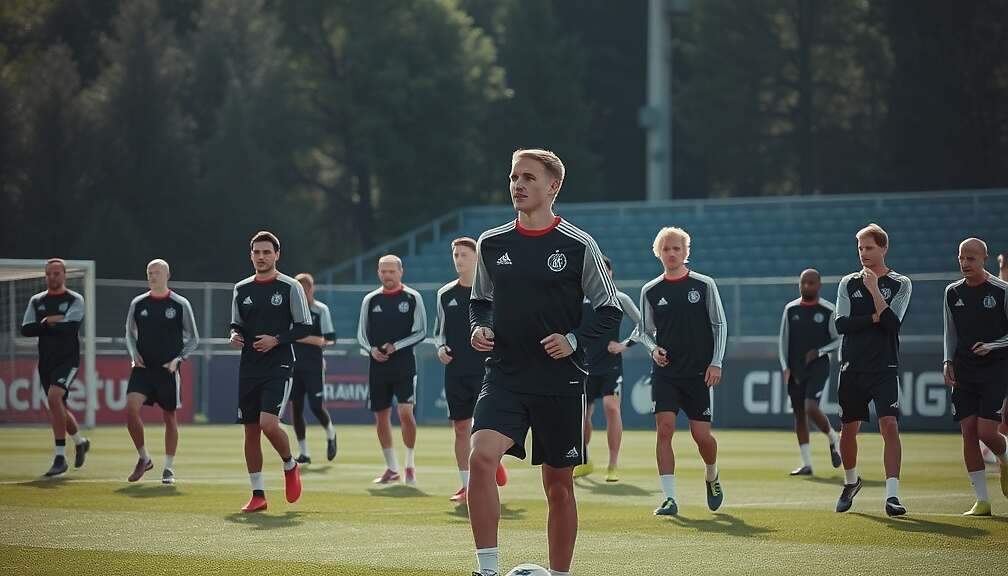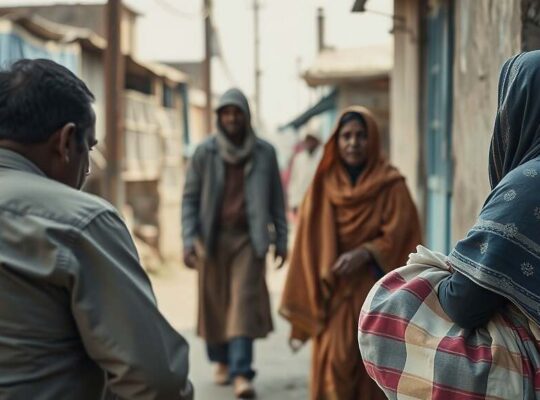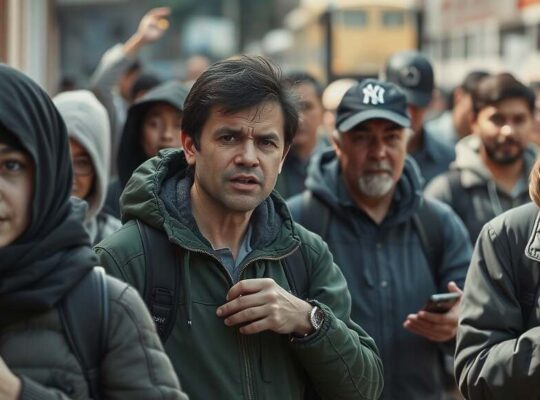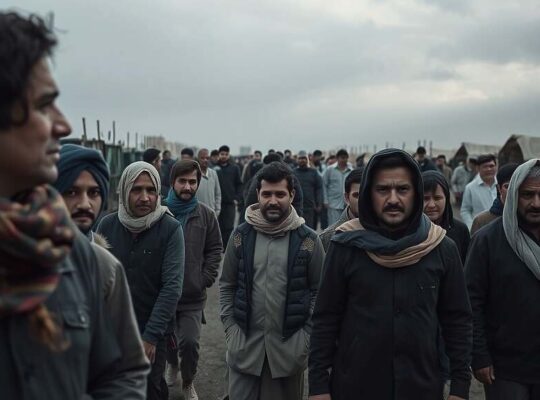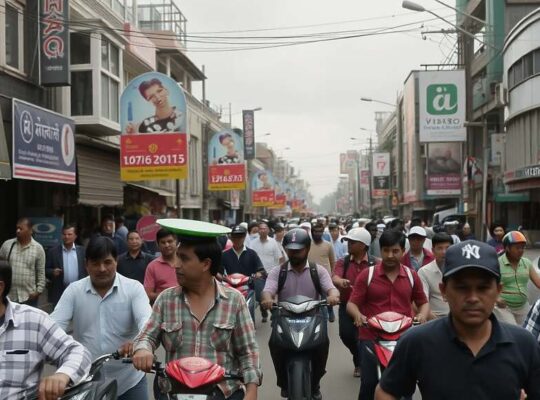The German national football team will enter the critical final stages of World Cup qualifying with a blend of returning experience and a bold injection of youth, reflecting a strategic shift under manager Julian Nagelsmann. The announcement, released by the German Football Association (DFB) on Thursday, features a debut call-up for Said El Mala of Bundesliga newcomer 1. FC Köln, a move signaling a deliberate effort to incorporate fresh perspectives into the squad.
Nagelsmann stated El Mala’s inclusion is intended to bring “uninhibited enthusiasm” to the team, aligning with a broader policy of integrating talent from the U21 squad. This strategy, reportedly coordinated with U21 coach Toni Di Salvo, raises questions about the long-term vision for player development and whether it represents a genuine meritocratic approach or a tactical experiment ahead of crucial qualifying matches. The choice to promote a largely unproven player amidst intense pressure suggests Nagelsmann is prioritizing potential over established form – a calculated risk that could either energize the squad or expose vulnerabilities.
Returning to the national team are experienced players Leroy Sané and Malick Thiaw, reinforcing the dual strategy of developing young talent while retaining proven capability. Sané, with 70 caps, has demonstrably earned his recall via strong performances in the Champions League and Turkish Süper Lig. The manager’s explanation highlights a desire to acknowledge consistent top-level displays, suggesting a move away from previous selection controversies surrounding the winger. Similarly, Thiaw’s seamless transition and pivotal role at Newcastle United in the Premier League seemingly guaranteed his place back in the squad, underlining the importance of form within a recognized, high-profile league.
The 25-player squad, including four goalkeepers, will face Luxembourg and Slovakia in November’s decisive qualifiers. While the inclusion of El Mala offers a flicker of hope for a revitalized German team, the decisions surrounding player selection inevitably trigger debate about the balance between rewarding established stars and fostering emerging talent and how that intersects with the increasing demands of a nation hungering for a return to footballing prominence. Observers will be keenly watching to see if this strategy proves successful, or whether it ultimately compromises the team’s ability to secure a place at the next World Cup.


